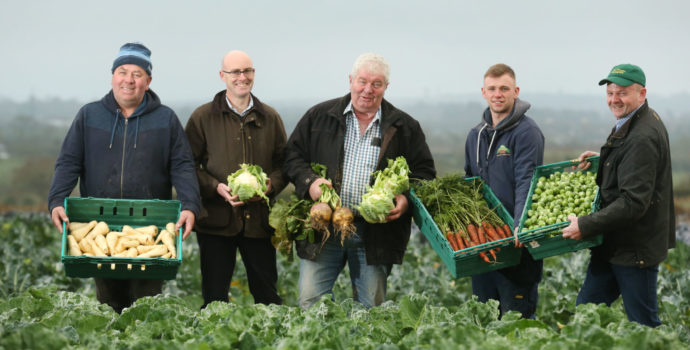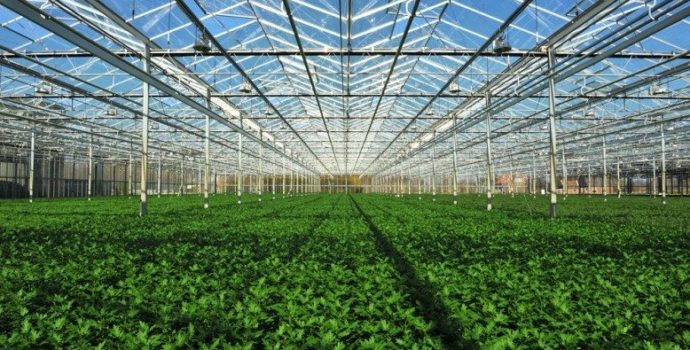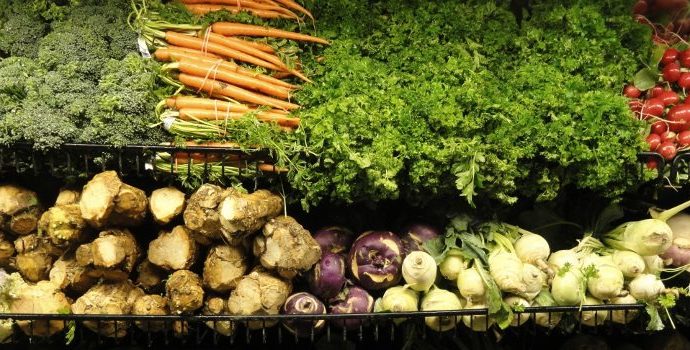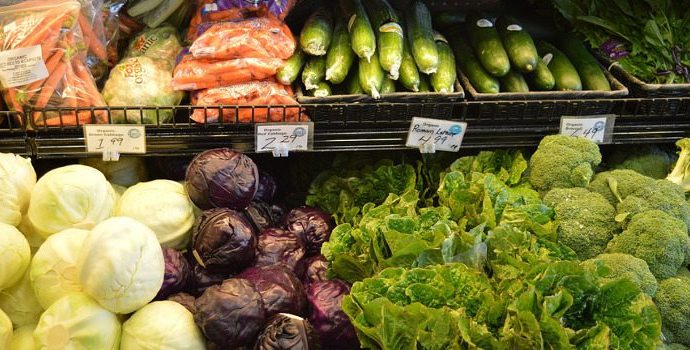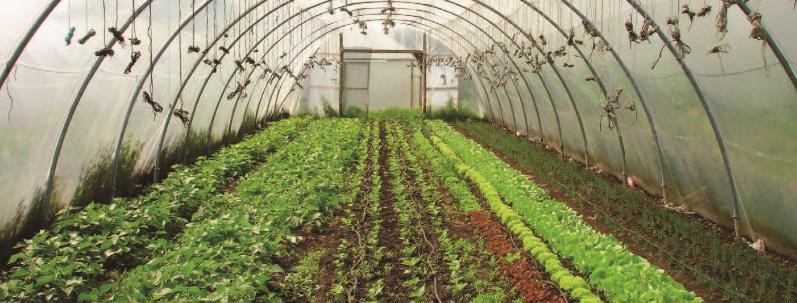
The government published the new ‘Living with Covid’ document recently. It is unlikely that the food service sector will be functioning until July as detailed in the document, this will severely impact growers supplying this sector.
Retail demand remains buoyant as consumers continue to cook at home with sales up 10-15%, however, sales are not as high as what was experienced during the first lockdown.
IFA has received many reports from growers that over-wintered crops particularly broccoli and cabbage has experienced significant damage due to extremely wet conditions and frost. This coupled with exceptional retail demand and high specs is a major challenge for growers. Retails must understand the effect that variable Irish weather conditions have on crops and work with growers on specified weights and specs.
There are also significant reports of reduced yields and harvesting difficulties on root crops caused by extreme weather conditions. With the added issue of labour and the impact of the pandemic, the season has become even more challenging.
Depending on your market outlet and crops, some growers have seen extra sales, however, labour issues and the failure by retailers to acknowledge the extra costs associated with the pandemic, have negated any positives.
On a positive note the new import controls on UK produce has led to difficulties which has led to increased demand for Irish produce both here and in the north of Ireland. The strengthening in sterling has also reduced the competitiveness of UK imports. However, Brexit has also led to difficulties with seed, plant and the import of spare parts which could have serious implications for the sector.
Demand in the apple sector remains strong due to reduced supply across the EU because of frost issues earlier in the season, particularly in the main exporting countries such as Poland.
The mushroom market remains robust but there are concerns that with the probability of Covid restrictions in the UK being lifted sooner than elsewhere this may see mushroom demand returning to pre Covid levels. A slight reduction in current production levels may also be contributing to a tight market supply.
Labour issues continue to be the biggest challenge for growers in all sectors. There are the issues associated directly with Covid on farms and also the availability of labour. Unemployment levels have risen since the arrival of Covid 19, however, none of the agricultural sectors have noticed any appreciable rise in suitable applicants for advertised positions.

